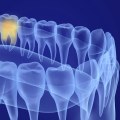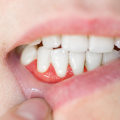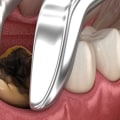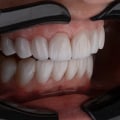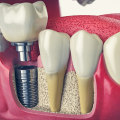Although it is rare, temporomandibular joint (TMJ) disorders can sometimes occur after wisdom teeth have been extracted. Studies have suggested that removing impacted wisdom teeth can lead to TMJ complications in some cases. In fact, more than 30% of people reported joint or muscle pain after their wisdom teeth were removed. This has led to a growing controversy over whether wisdom teeth should be routinely removed. Adding to this debate are the new findings that TMJ can be a complication of wisdom tooth extraction.
After a wisdom tooth has been removed, you may experience a temporomandibular joint disorder (TMJD). This is a joint problem where the jaw articulates with the skull and can cause pain and numbness after an extraction. Other factors may also contribute to the onset of trismus, such as arthritis, genetics, and habits such as grinding or clenching your teeth. Wisdom teeth do not cause TMJ, nor does tooth extraction, even if the two events appear to occur at the same time.
If you have any questions about a pending wisdom tooth extraction or about the apparent symptoms of a TMJ disorder, contact our team at Austin Oral Surgery to schedule a visit. The researchers of the new study, published in the American Journal of Public Health, found that a significant number of people who undergo a wisdom tooth extraction experience jaw pain from TMJ. Trismus, also known as lockjaw, is more likely to occur if an impacted wisdom tooth is removed. Dr. Vadivel, DDS, FDS RCS, MS, a board-certified periodontist, offers wisdom tooth extraction surgery and can help relieve wisdom tooth pain.
